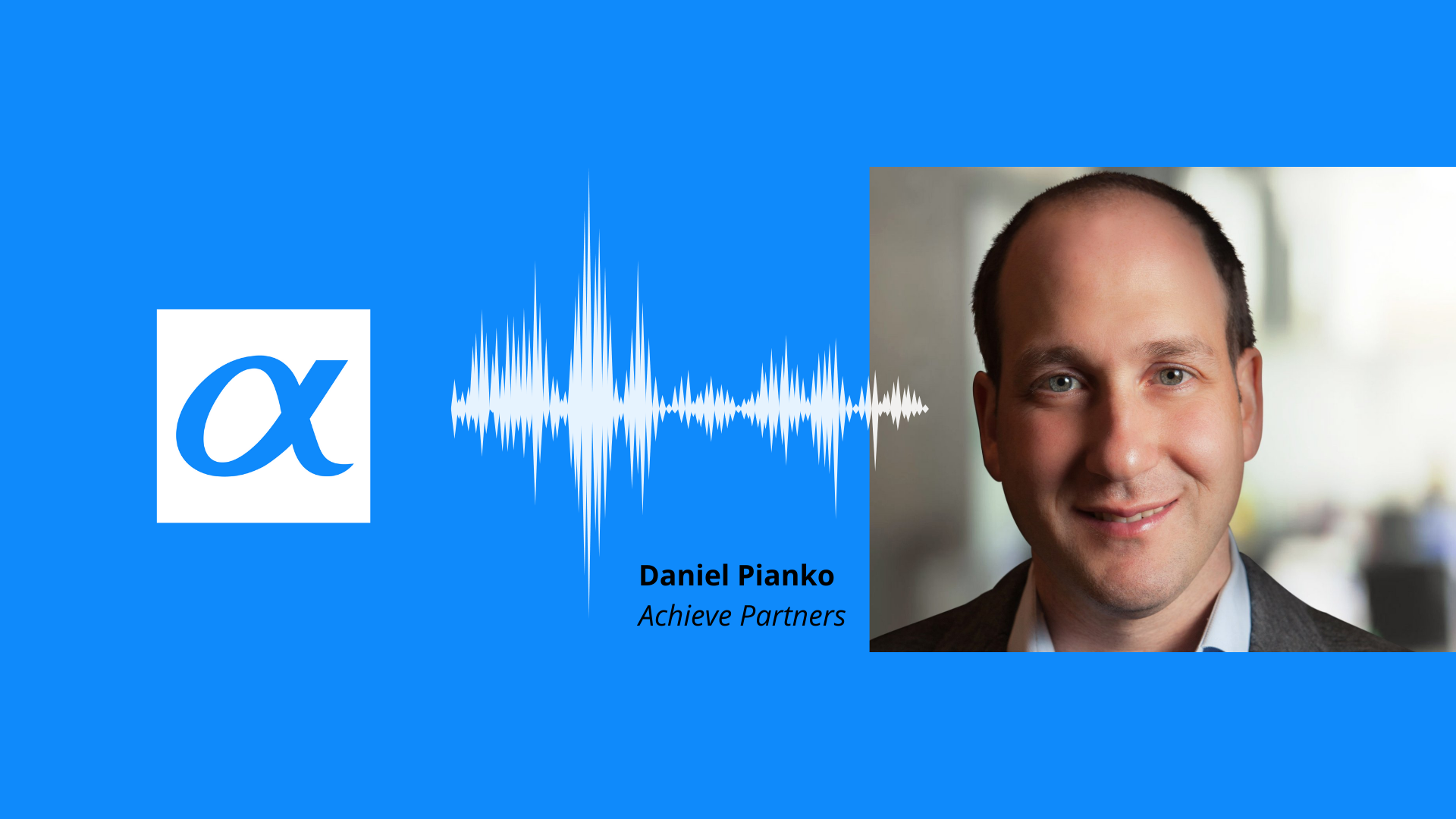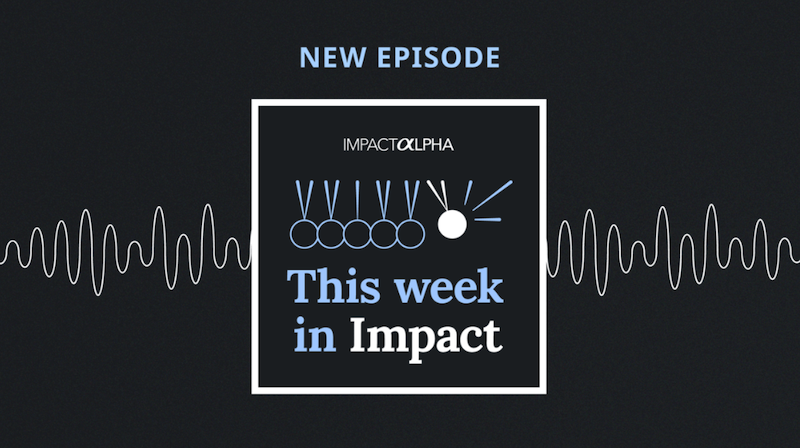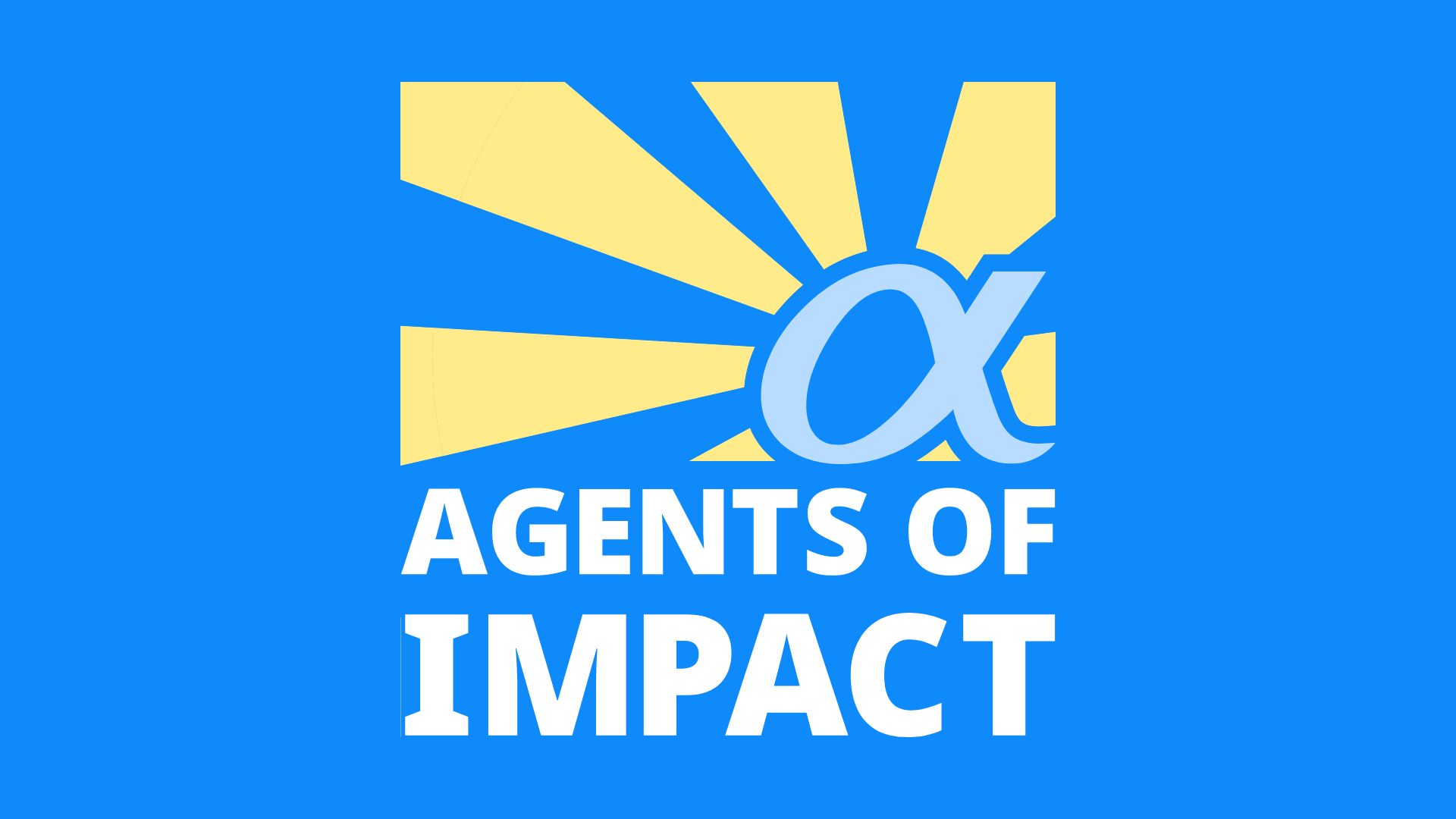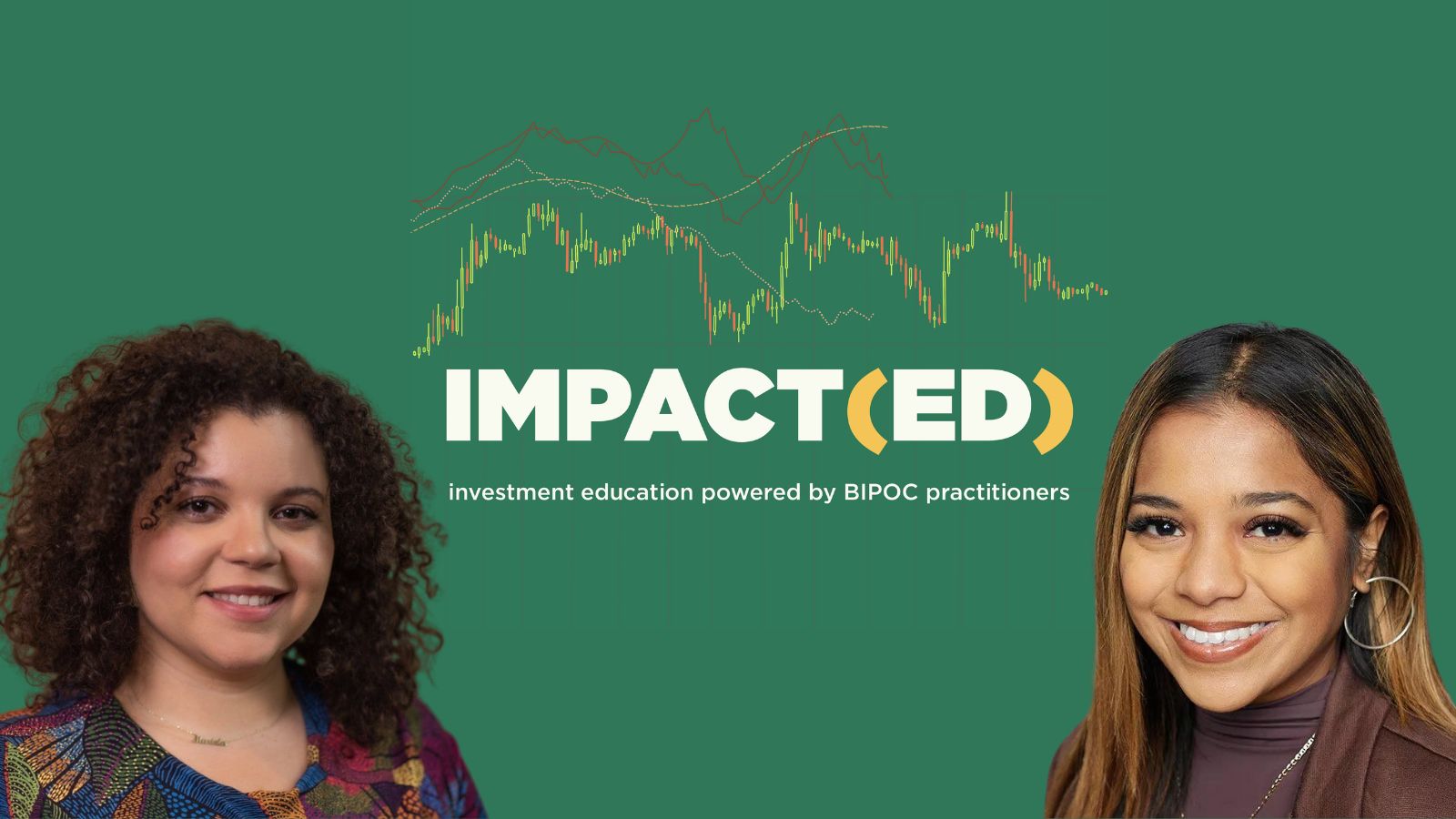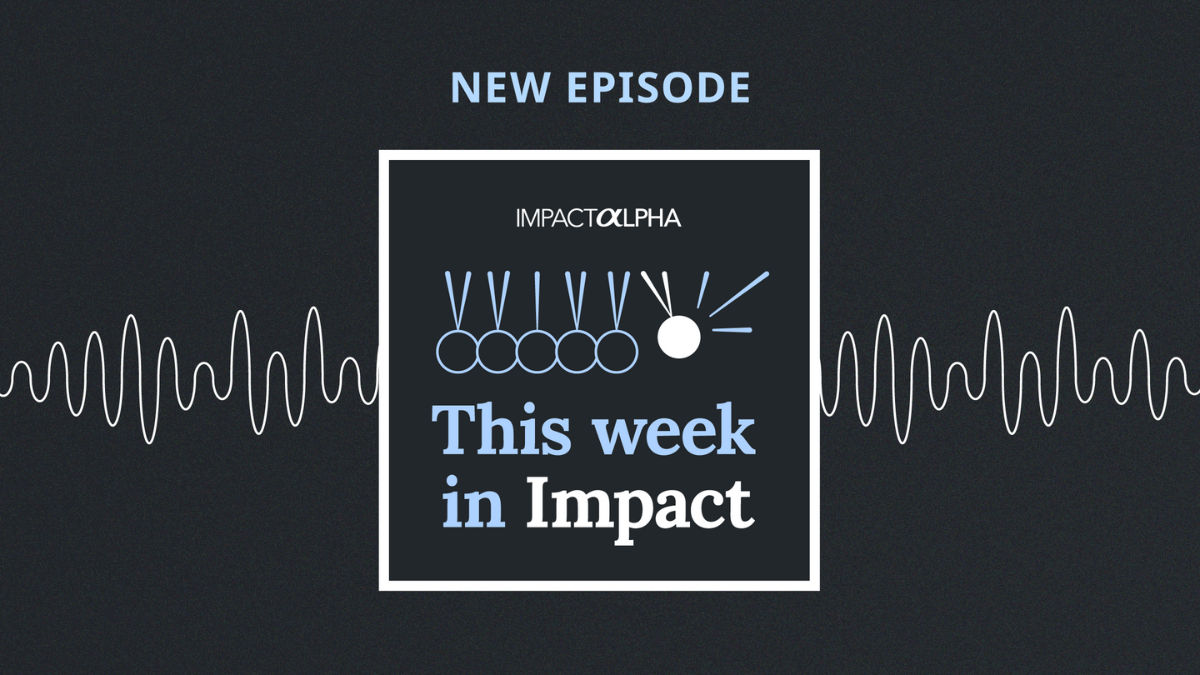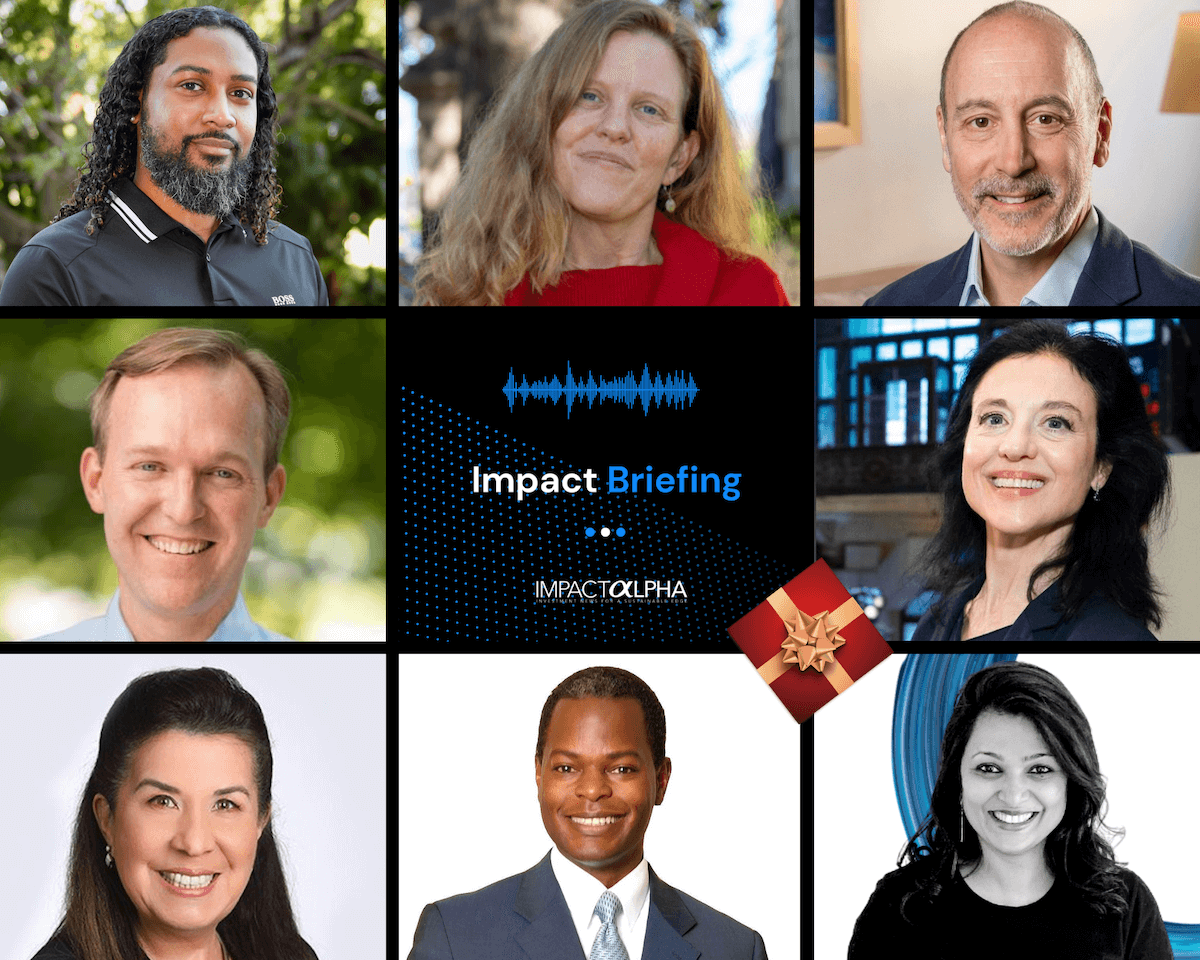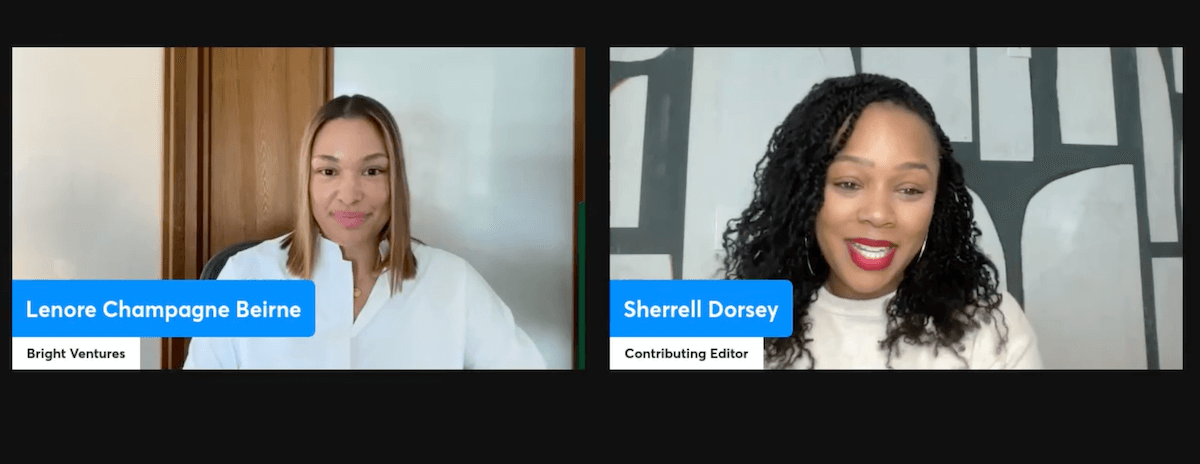Daniel Pianko likes to ask CEOs, “What’s the biggest problem you face?” If the answer is, “I can’t find enough trained people to do X,” the company is a good candidate for Achieve Partners.
The New York-based private equity firm raised $180 million last year to acquire companies in health care, information technology and other industries facing skills shortages, create two-year apprenticeship programs and move newly trained workers into high-quality jobs.
“In every company we acquire, we look to train at least 1,000 people a year,” Pianko said on ImpactAlpha’s Agents of Impact podcast. “We can do that across 10 companies, and train 10,000 people every year. And over a 10-year life of the fund put 100,000 Americans in good first jobs.”
“We’re able to go to hospitals with a very unique value proposition,” he continued. “‘Not only will we implement your IT system, but at the end of the project, if there’s a person who’s working on the project who you particularly like and is helpful and absolutely necessary to keeping the system ongoing, you can hire that person at the end of the project.’”
“‘Please take ‘em,” he continued. “‘We’ll train another one. We’ve got lots of people who need jobs and lots of jobs to fill.”
Market rate
Pianko, host of the Better Money, Better World podcast, tossed out some questions of his own and the episode is being distributed on both platforms. Better Money, Better World is produced by Impact Capital Managers, the association of more than 70 impact investing funds managing more than $15 billion who believe, as Pianko put it, “that by solving the world’s greatest problems, we should make a ton of money.”
“Should ‘investing’ be purely market-return oriented?” Pianko asked me. “I think it hurts the ability for impact investors who want returns to raise money from limited partners, if other things are called impact and other things are called Investing. My point is that we should just call it philanthropy, or call it something else besides investing” (see Pianko’s 2017 post on ImpactAlpha, “Market-leading returns from solutions to the world’s greatest problems“).
I shot back, “That was a sort of two- or three-year ago thing, Daniel.” With financial institutions and managers falling over themselves to launch impact and ESG products, I asked, “Isn’t now impact the calling card? Isn’t there a premium?”
Pianko said attitudes had not evolved all that much. He credited Blue Haven Initiative’s Liesel Pritzker for an analogy. “This is like the indie rock band in high school that suddenly plays Madison Square Garden. That’s what’s happening right now to the impact investing industry,” he said. “It’s gonna be very interesting how it shakes out.”

